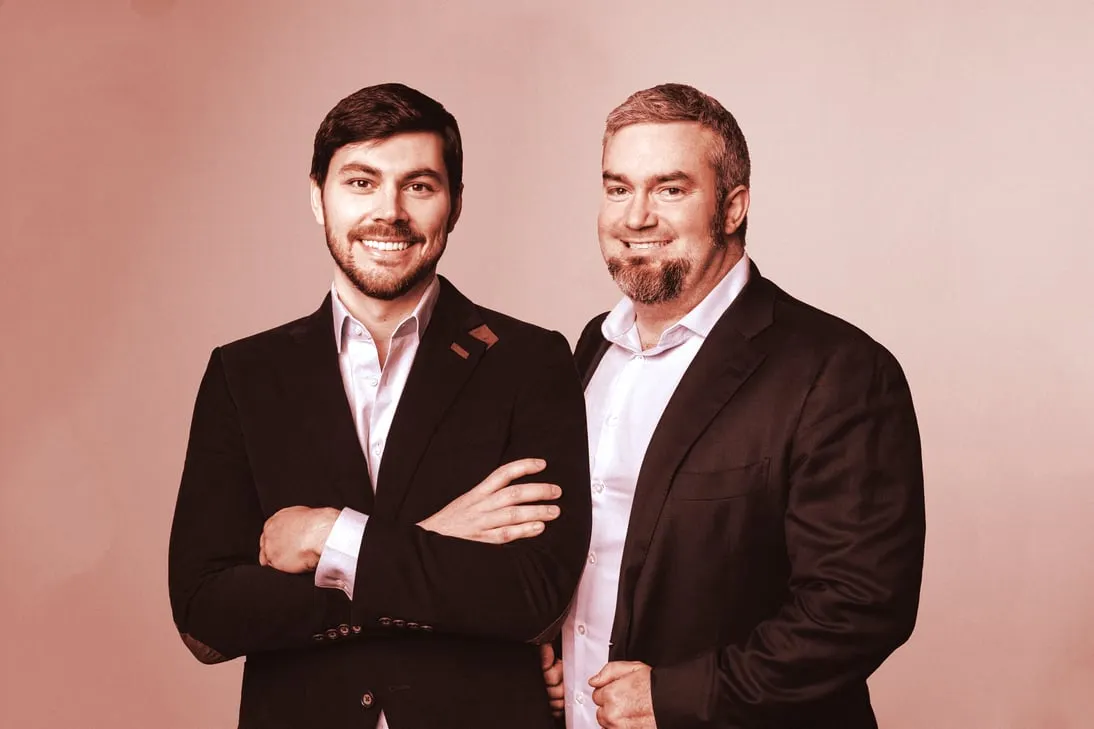Investment fund manager M31 Capital has chosen Anchorage Digital Bank to custody the $100 million Web3 Opportunity Fund it launched in October.
Founded in 2020 by CEO Nathan Montone, M31 now has five different funds fueling the move towards decentralization and has already amassed many big names in its portfolio: Ethereum Name Service, Arweave, Cosmos, and Helium.
Anchorage seemed like a natural choice because the bank allows its crypto custody clients to participate in the governance process that drives so many DeFi projects, although M31 chief operating officer Michael Swensson told Decrypt it’s a very demanding role to play.
“We try to be actively involved with anything that we invest in. It's a very resource intensive strategy, but we think it's the right strategy,” he said. “Specifically because of where the space is and how early it is.”
Access to the DeFi governance process and opportunities to earn yield on deposits help, but in a post-FTX world, institutional crypto investors have a whole new barrage of questions for custodians, according to Diogo Monica, co-founder and president of Anchorage Digital.
“I wind up saying we ended up winning a bigger portion of a smaller pie,” Monica told Decrypt on Monday. “It's a bigger portion because everybody is now coming to Anchorage because they want a bank.
“They want trusted security. They want auditability. They want SOC1, SOC2,” he added, referring to Security Operations Center reports that are standard in traditional finance. “They want bankruptcy remote. Nobody a year ago talked about bankruptcy remote—now it's the first question that people ask.”
For a firm to be bankruptcy remote means that it’s organized within a corporate group so that any one of its business lines would be minimally impacted if another filed for bankruptcy.
It’s a very timely concern, given the more than 130 entities that filed for Chapter 11 bankruptcy protection along with FTX in November and the lingering questions about whether parent company Digital Currency Group could survive if its trading desk, Genesis, isn’t able to come up with the $900 million it owes clients.
Anchorage, founded in 2017, got its Office of the Comptroller of the Currency (OCC) charter for Anchorage Digital Bank in early 2021. That makes it the first and, as of this writing, only federally-chartered crypto bank in the U.S.. That distinction has made it the bank of choice for the Department of Justice, which chose Anchorage to custody seized crypto assets.
From what Monica has seen, the collapse of FTX last month triggered an institutional investor flight to safety—but not back into U.S. dollars. Rather, there’s been an influx of clients at standalone crypto custodians that safeguard assets and a client’s private keys.
He said he’s long criticized exchanges acting as custodians, but added it’s been hard to get people to pay attention since it can be seen as a self-serving comment.
“We've been telling everyone, ‘Look, the reason why we're a custodian that only serves institutions is because we don't want conflicts of interest,’” Monica said. “Specifically, we've always said to everyone that cares to listen that exchanges doing custody is wrong. It is wrong in the traditional world. The Nasdaq does not do custody. NYSE it didn't do custody. It's other custodians that do it. It's wrong because there's no multi-party integrity.”
Multi-party integrity means that two different firms could check their ledgers to confirm that a client's funds are where they’re supposed to be and that the client has as much money as they say they do.
“This is just a basic primitive that was created in the traditional world to make sure that there’s no issues like at FTX, where the ledgers are mislabeled or whatever it is,” Monica said. “That is just a strong foundation for a good market structure that we’ve never had in crypto because exchanges came out of nowhere and do everything: Yield generation, staking.
“They do it for institutions, they do it for retail. They trade, they do custody, they settle,” he added. “They do everything, which are all different entities in the traditional world.”

